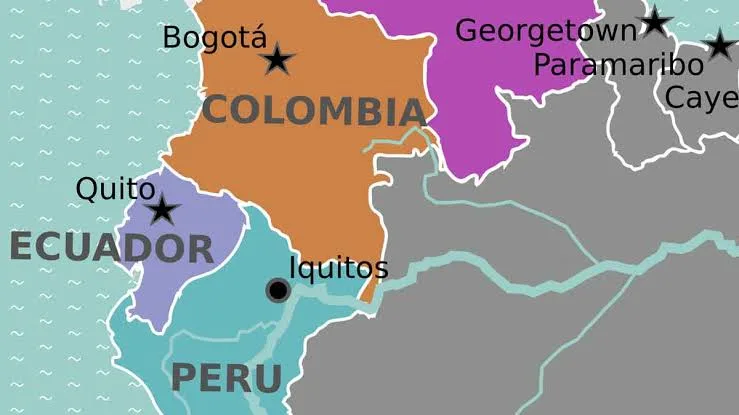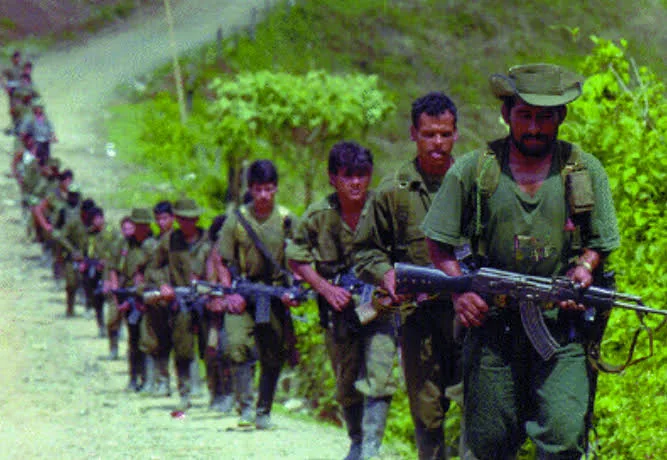Ecuador’s President Daniel Noboa has declared three Colombian guerrilla groups as top targets in his government’s security crackdown. This move is part of a broader effort to combat rising violence and organized crime in the country.
Background
Ecuador has been facing a surge in violence, with a homicide rate of 40 per 100,000 inhabitants, making it one of the most dangerous countries in the world. The country’s prison system has also been plagued by riots and escapes, including the recent escape of two prominent crime leaders, José Adolfo Macías Salazar and Fabricio Colón Pico.

The Decree
President Noboa’s decree allows for the mobilization of military forces to neutralize 22 crime groups in Ecuador, including the three Colombian guerrilla groups. The targeted groups are suspected of being involved in various criminal activities, including drug trafficking, kidnapping, and extortion.

Government Response
The Ecuadorian government has declared a state of emergency, which will enable the military to take a more active role in combating organized crime. The government has also announced plans to build new maximum-security prisons and improve intelligence sharing to prevent further escapes and violence.
Challenges Ahead
Despite the government’s efforts, experts warn that the road ahead will be challenging. The country’s financial constraints and fiscal deficit may limit its ability to sustain a massive military operation against organized crime. Additionally, the complexity of the issue requires a comprehensive approach that involves community leaders, civil society organizations, and international partners.
International Support
The international community has a crucial role to play in supporting Ecuador’s efforts to combat organized crime. This includes providing military equipment, intelligence sharing, and capacity building, as well as addressing the root causes of violence and crime, such as poverty and lack of opportunities .
